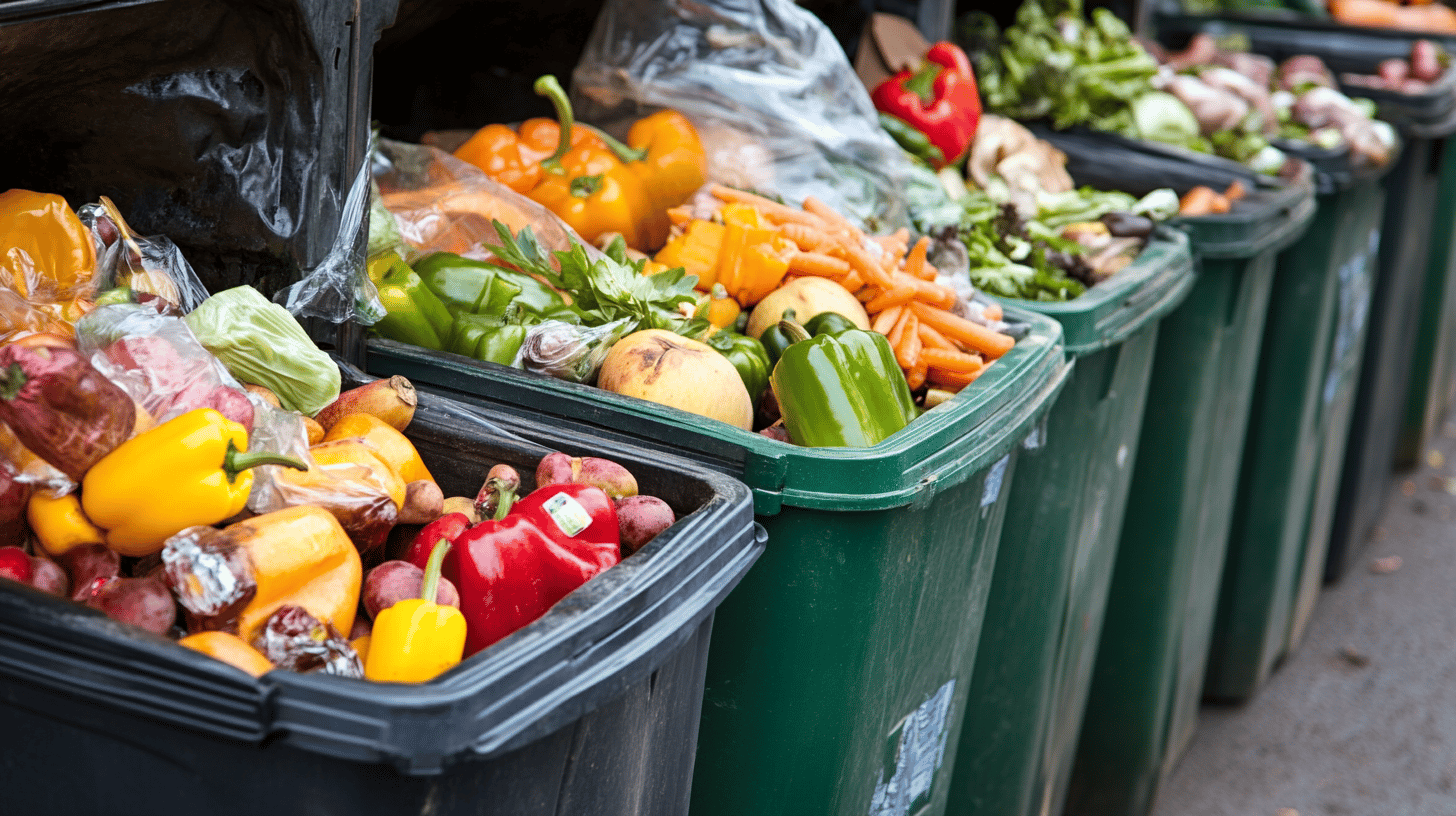Food waste is one of the biggest problems in modern society. Every year, millions of tons of food are wasted worldwide, which has not only economic but also ecological consequences.
How to reduce food waste in the home: practical tips for a vegan household

Food waste is one of the biggest problems in modern society. Every year, millions of tons of food are wasted worldwide, which has not only economic but also ecological consequences.
For a vegan household that strives to live sustainably and ethically, minimizing food waste is a key step to achieving these goals.
But how to get started? Let's dive into specific strategies to help you reduce food waste while saving money and the planet.
1. Planning is key: Food starts on paper

Imagine your kitchen is like an orchestra where every instrument has a role to play. Without a plan, the music would turn into chaos.
It's the same with food. Planning your menu a week in advance will help you know exactly what you need to buy and prevent impulse purchases.
Start by sitting down with your family or by yourself and planning what you're going to cook.
Consider seasonal ingredients, which are not only cheaper but also fresher.
For example, in summer you can take advantage of the abundance of tomatoes, zucchini and peppers, while in winter focus on root vegetables such as carrots, celery or squash.
2. Shop smart: The list is your best friend

How many times have you gone to the store for just a few things and come back with a full cart? That's exactly the moment when the waste starts.
Make a shopping list and stick to it. If you tend to forget what you already have at home, try taking a quick inventory of your fridge and pantry before you go shopping.
Another trick is to buy in smaller quantities, but more often.
This will avoid a situation where you have too much fresh food at home that you don't have time to use up. If you can, shop at markets or package-free stores where you can get exactly what you need.
3. Proper storage: the key to longer freshness

Did you know that proper storage can extend the life of food by up to several days?
For example, herbs like cilantro or parsley will last longer if you store them in a jar of water and cover them with a plastic bag.
Bananas should be stored separately from other fruit because they release ethylene, which accelerates ripening.
The fridge is your ally, but only if you use it properly. Make sure the temperature is set at 4°C or less.
Place the food you need to use as soon as possible in the front of the fridge so you can see it.
4. Leftovers as a treasure: Creativity in the kitchen

Food leftovers are not a waste, but an opportunity. Do you have leftover cooked rice? Use it to make fried rice with tofu and vegetables.
You can turn leftover potatoes into delicious potato pancakes. You can even use the peelings from carrots or celery to make homemade vegetable stock.
If you feel like you don't know what to do with leftovers anymore, try creating a "leftover day" where you cook only with what you have at home.
This approach not only minimizes waste, but also encourages creativity in the kitchen.
5. Composting: a second chance for waste

Even if you try to minimize waste, some waste will always be generated. You can compost peelings, cores or leftovers that can no longer be used.
If you don't have a garden, try a vermicomposter, which you can also keep in your apartment. Composting not only reduces waste, but also creates quality fertiliser for your plants.
6. Be inspired by the stories of others

Imagine a family that threw away several kilograms of food every week. After implementing simple changes such as menu planning and composting, they were able to reduce their waste to a minimum.
Today, they boast that their bin is almost empty. Be inspired by similar stories and share your own experiences with the community.
Conclusion: small steps, big impact
Reducing food waste is not just about saving money, but also about respecting nature and the resources we have available.
Every small step you take makes a difference. Whether it's menu planning, proper storage or composting, all of these steps will bring you closer to a more sustainable lifestyle.
Remember, change starts at home.

Plastics are all around us. From food packaging to beauty products to household items, plastic has become an essential part of modern life. But at what cost?
Candles and fragrances play a vital role in our homes. They create a pleasant atmosphere, emphasize well-being and allow us to relax.
Basics of a Zero Waste lifestyle
Zero waste is not just a trend, but a life philosophy that focuses on reducing the amount of waste and its negative impact on the environment.


